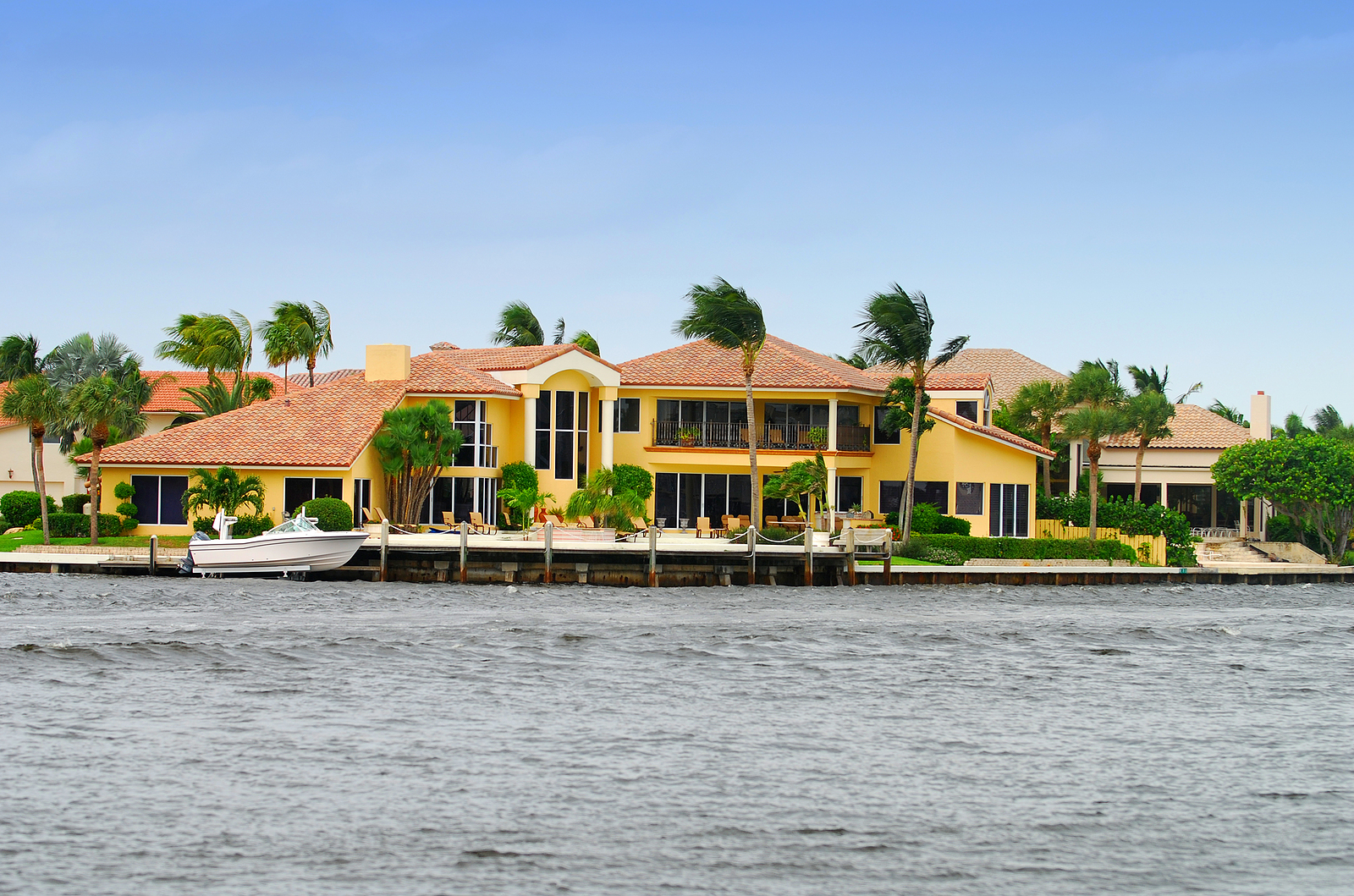If your dream is to live on the water, you’re not alone. Lake or riverfront living is the dream of many and, if you own a boat, it’s understandable that you want to buy a home with a place to keep your “baby.”
Let’s take a look at a few things to consider before shopping for waterfront property.
Do you need to shore up the shoreline?
Erosion is always a concern when water laps against land. Have the homeowners done anything to stabilize the shoreline, such as planting native vegetation, install riprap and retaining walls?
In the “Land of 10,000 Lakes,” the experts at the Minnesota Department of Natural Resources discourage both riprap and retaining walls. They do say, however, that sometimes these installations are necessary.
Will you need flood insurance?
Even if you live in a low-risk area, the pros at the Federal Emergency Management Administration (FEMA) suggest that you carry flood insurance.
“If you live in an area with low or moderate flood risk, you are 5 times more likely to experience flood than a fire in your home over the next 30 years,” they claim.
Because homeowners’ insurance doesn’t cover flood damage, if you live inside or in close proximity to an area with a high risk of flood, purchase flood insurance.
Flood insurance is required by law if you have a federally-regulated mortgage. To find out if you do, go online to MarketWatch.com and scroll to the paragraph that begins with “Now, for the Quiz Answer.”
Some states require those in high-risk areas to carry flood insurance as do most lenders.
To learn the risk of flood damage for your home, enter your address here, at FEMA.gov.
Ensure that your boat type and size is allowed
Most states with waterfront residential property impose restrictions on the types and sizes of watercraft allowed on the lakes and rivers. Check with the Department of Natural Resources (DNR) for restrictions.
Dock considerations
If the home you have your eye on doesn’t have a boat dock and you plan on installing one, you’ll need to determine what’s allowed in the area. What type? How big? These are all questions that either that the DNR and city officials can answer.
Living on the water is a dream for many homebuyers but it’s important to learn all you can about waterfront living before placing an offer to purchase.





